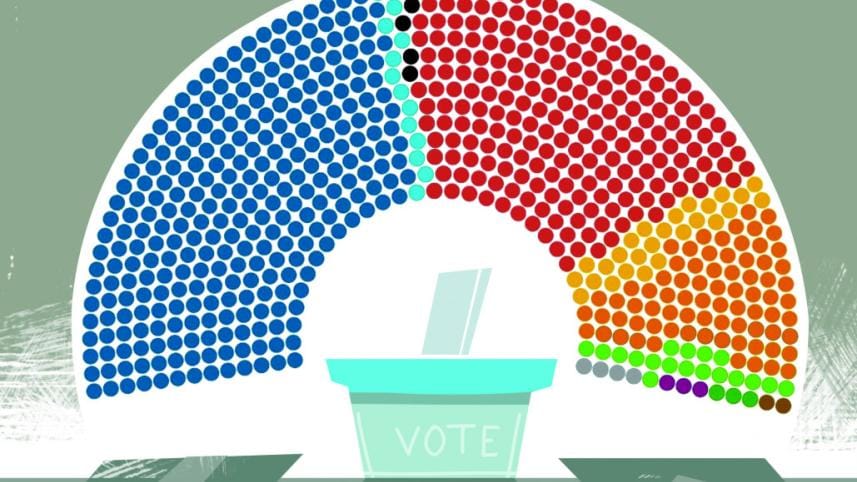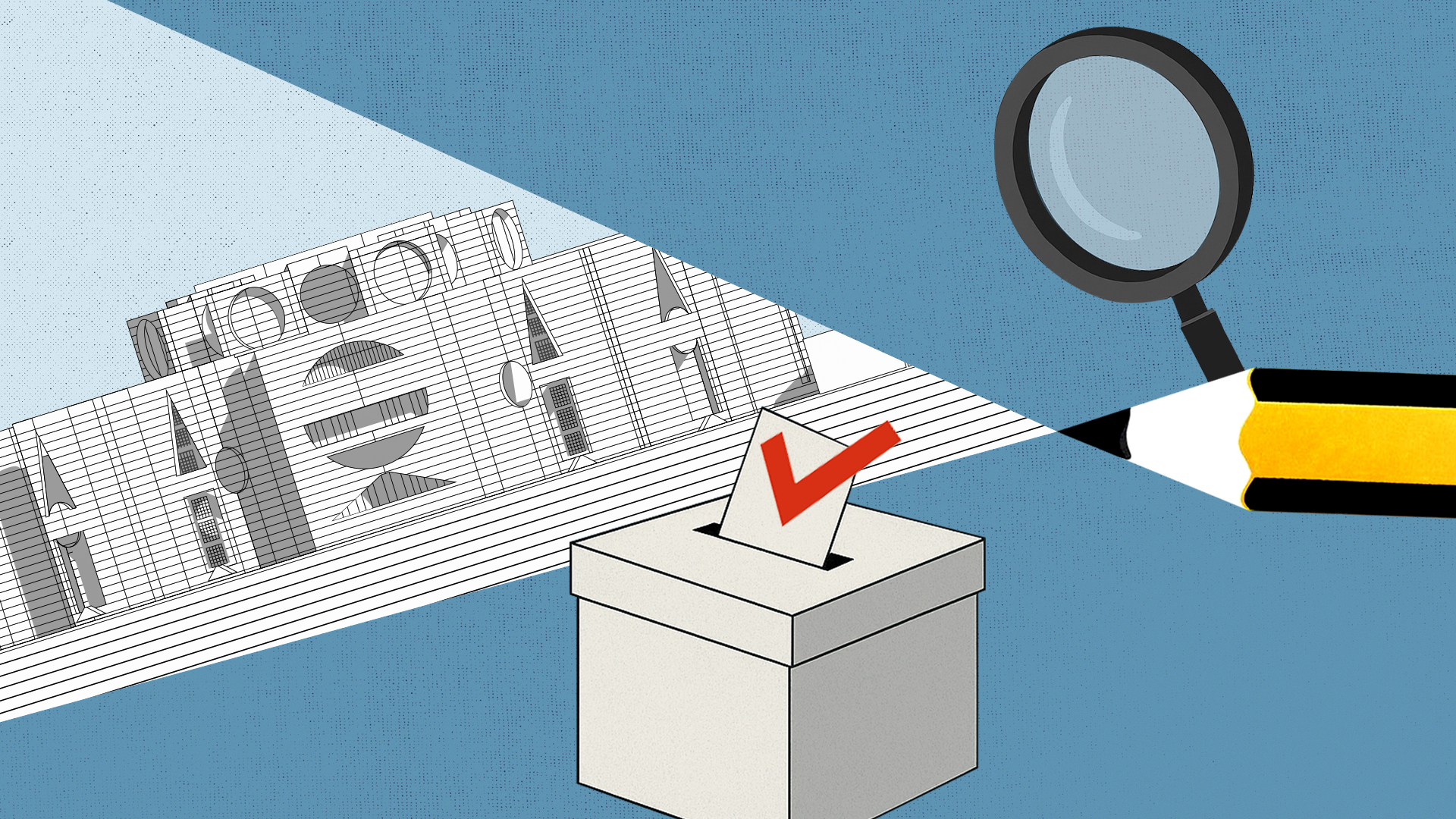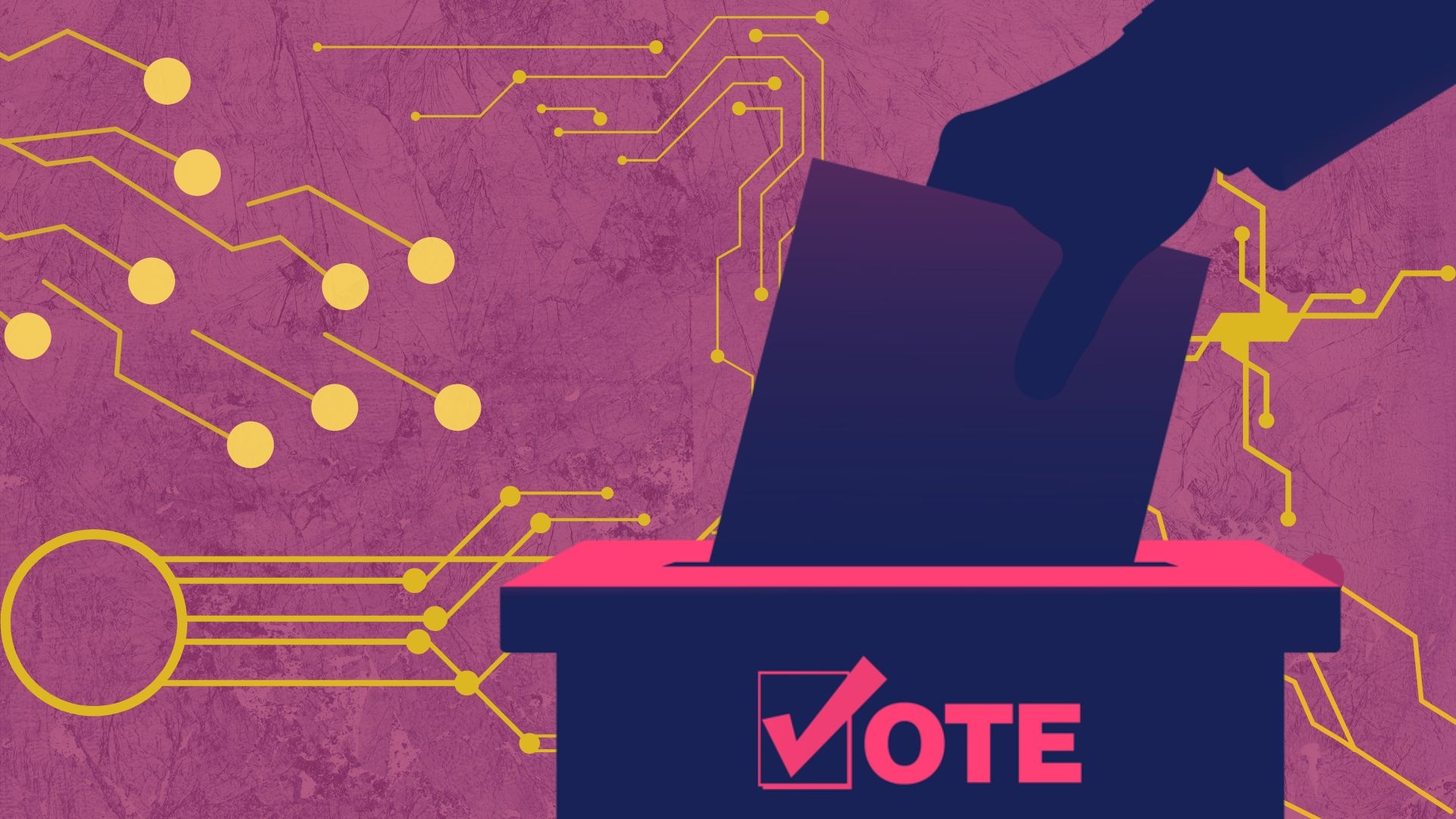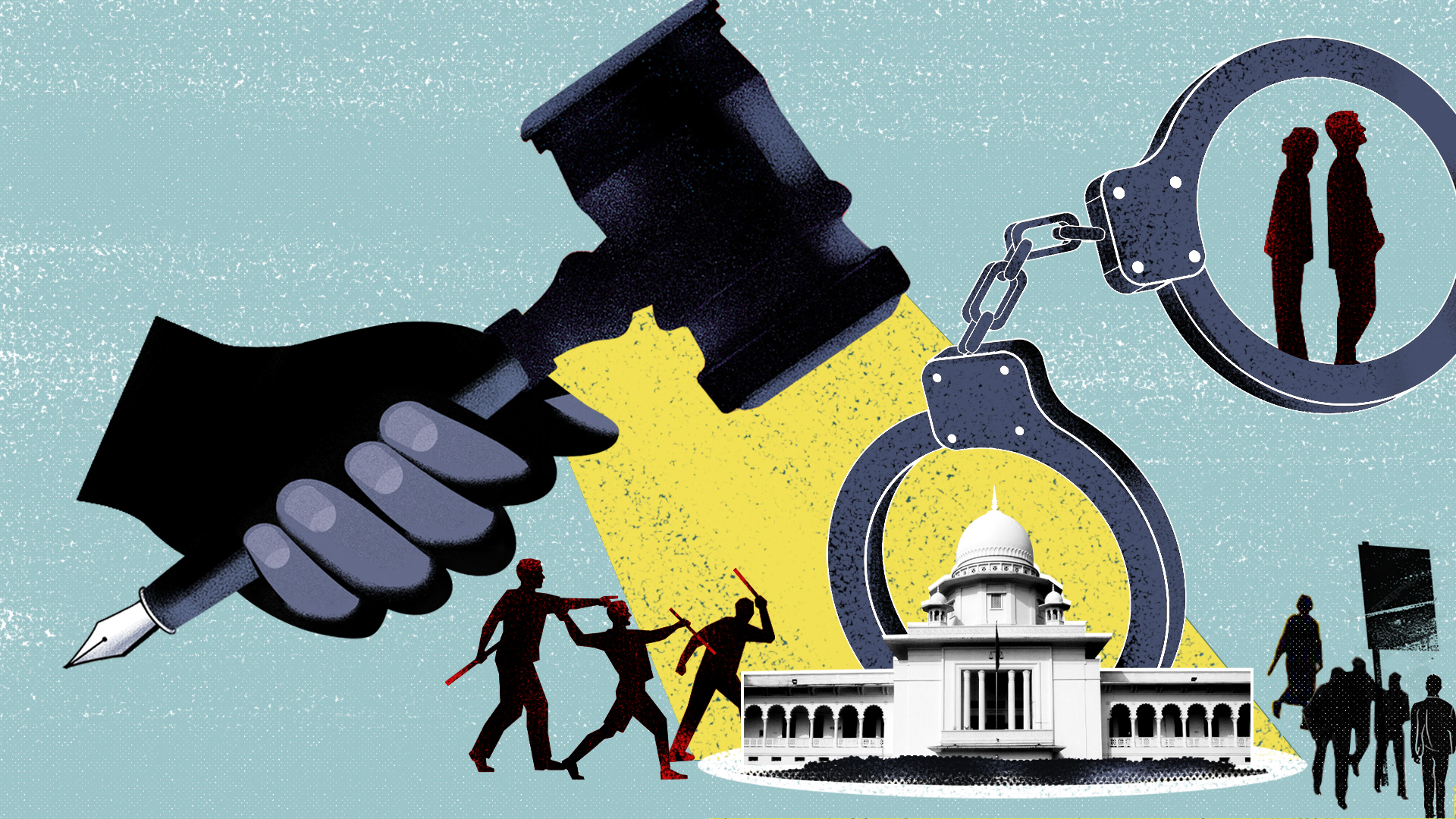Why we should think twice before adopting PR system

Every vote tells a story of hopes, frustrations, and dreams that shape a nation's future. In Bangladesh, where democracy is still young and fragile, the debate over proportional representation (PR) raises questions about political culture and the bond between voters and their representatives. While PR promises fairer representation and greater inclusivity, it also risks weakening the direct connection between citizens and local leaders—a link built on trust, accountability and shared struggles.
Bangladesh faces a crucial question: will changing its electoral system strengthen democracy or create new challenges? With elections approaching, Jamaat-e-Islami and some other parties are currently demanding the PR system in parliament. Their support base is, apparently, considered to be scattered or too weak to win individual seats, but under PR, even a small national vote share could secure parliamentary representation. It is a backdoor strategy dressed up as electoral reform. Given the way it works, it risks turning parliament into political islands rather than a space for community-rooted representatives.
Under the PR system, instead of voting for individuals in local constituencies, citizens vote for political parties. Seats in parliament are then distributed according to the total national vote share each party receives. So, if a party wins 10 percent of the vote, it gets 10 percent of the seats. Sounds democratic, right? But democracy is not just about mathematical fairness. It is also about relationships—the bond between a voter and their representative. It is about accountability, knowing exactly whom to blame when things go wrong, and whom to thank when they go right. It is about being able to walk into the office of your local MP and say, "We have a problem with our school," or, "The floodwaters haven't gone down in weeks; what are you doing about it?"
If the PR system is adopted, this bond, however fragile in a country like Bangladesh, will be broken. MPs will no longer be individuals who have fought for and earned the trust of their local communities. Instead, they will be nameless, faceless entries on a party list, selected not by the people but by party leadership behind closed doors. Is that the kind of democracy we want? A parliament filled with representatives chosen by the party instead of the locals?
But let us not pretend this benefits only smaller parties. In a fragmented parliament where no party commands an absolute majority, ruling parties could form tactical alliances with fringe groups, offering them token representation in exchange for blind support. It is a cynical arrangement that favours the consolidation of power, not democratic diversity. This is no longer a distant reality, given the political upheavals we have seen since the July uprising. Rather than weakening authoritarian tendencies, PR may inadvertently strengthen them by making coalition politics the norm, where ideological compromise and patronage replace accountability and public service.
" layout="left"]In such a system, the public's ability to remove underperforming MPs or parties becomes extremely limited. When seats are controlled through closed lists and coalition deals, voters lose their most fundamental democratic tool: the power to reward or punish representatives at the ballot box.
Supporters of proportional representation argue that it will eliminate the "waste of votes" and promote greater inclusivity. But what kind of inclusivity are we really talking about? Are we ready to grant parliamentary legitimacy to those who have repeatedly failed to win constituency seats, even before the Awami League monopolised power in 2018?
And what about independent candidates? Under a PR system, they cannot stand for election without joining a political party. Yet, some of the finest candidates for a constituency might not want to join any party, and a system that bars them risks depriving voters of strong, independent voices.
It is not that PR systems are inherently undemocratic. In parts of the world such as Scandinavia or Western Europe, they function reasonably well. But those countries have something we do not: strong civic institutions, politically aware voters, and a political culture rooted in consensus and responsible coalition-building.
Bangladesh's political DNA is very different, shaped by deep polarisation, volatile elections, and a strong centralisation of party control. Article 70 of the constitution already prevents MPs from voting against their party line, even when it conflicts with the will of their constituents. In a system where elected representatives have little room to act independently, introducing PR would further strengthen party control over parliament. It would not advance democracy. PR risks replacing community-rooted leaders with faceless party loyalists, and citizen-driven politics with headquarters' directives.
We must remember what Bangladesh's democracy was built upon: direct representation, grassroots movements, local accountability, and hard-earned public trust. It was not perfect, but it was tangible.
Democracy is a moral contract between the state and its citizens, forged in blood, ballots, and belief. Bangladesh does not need a system that rewards political opportunism. It needs a system that reinforces political commitment, community-rooted leadership, and public trust. The first-past-the-post model is not perfect—no electoral system is. But the solution to our political dysfunction is not to abandon the people; it is to bring them closer.
We need stronger campaign finance regulation, real-time disclosure of political donations, independent electoral oversight, and internal party democracy. These are the reforms that matter. These are the reforms that strengthen, not weaken, the link between the government and the governed.
Kollol Kibria is an advocate, human rights activist, and political analyst. He can be reached at kollolkibriaa@gmail.com.
Views expressed in this article are the author's own.
Follow The Daily Star Opinion on Facebook for the latest opinions, commentaries and analyses by experts and professionals. To contribute your article or letter to The Daily Star Opinion, see our guidelines for submission.




 For all latest news, follow The Daily Star's Google News channel.
For all latest news, follow The Daily Star's Google News channel. 


Comments